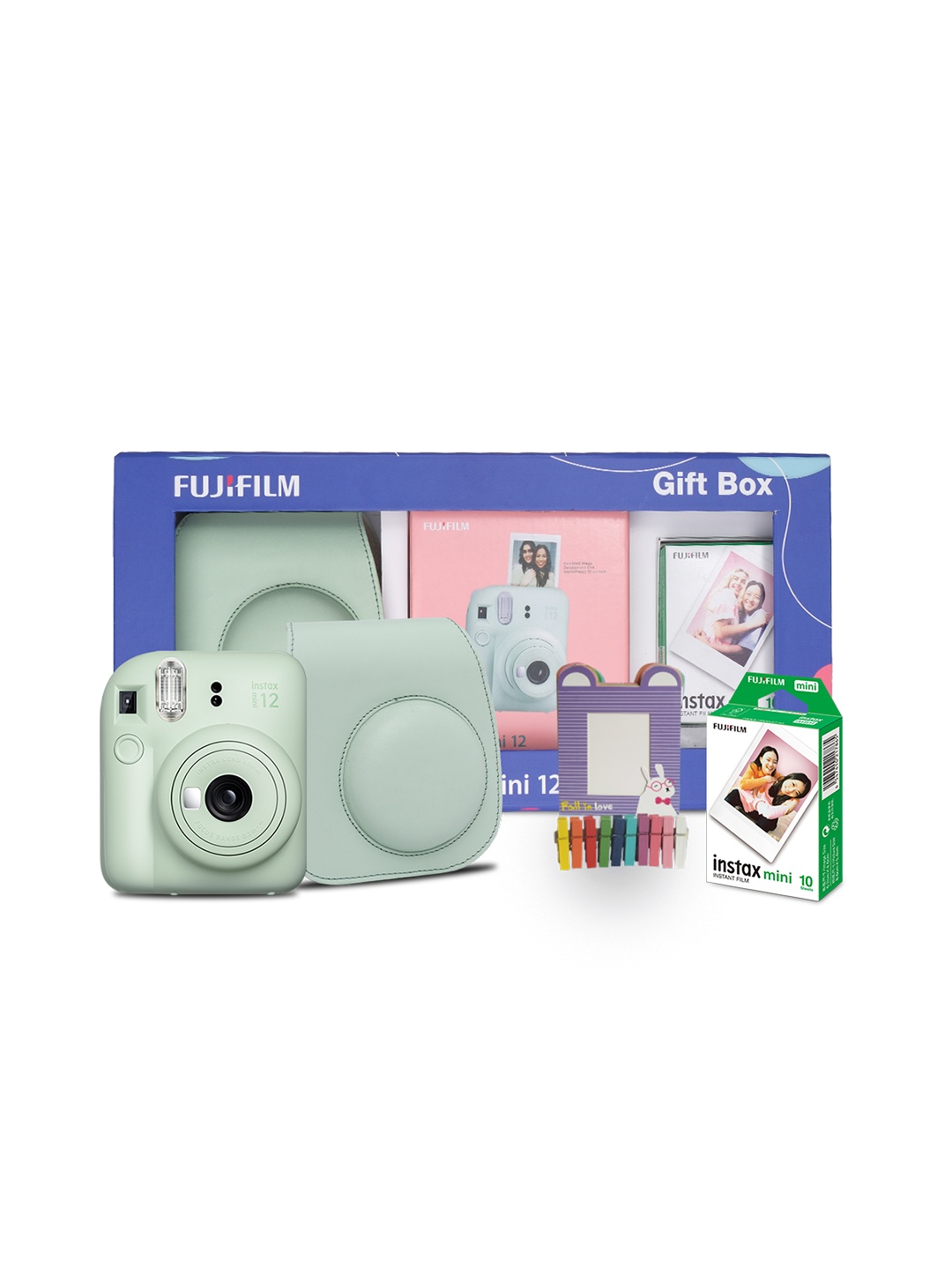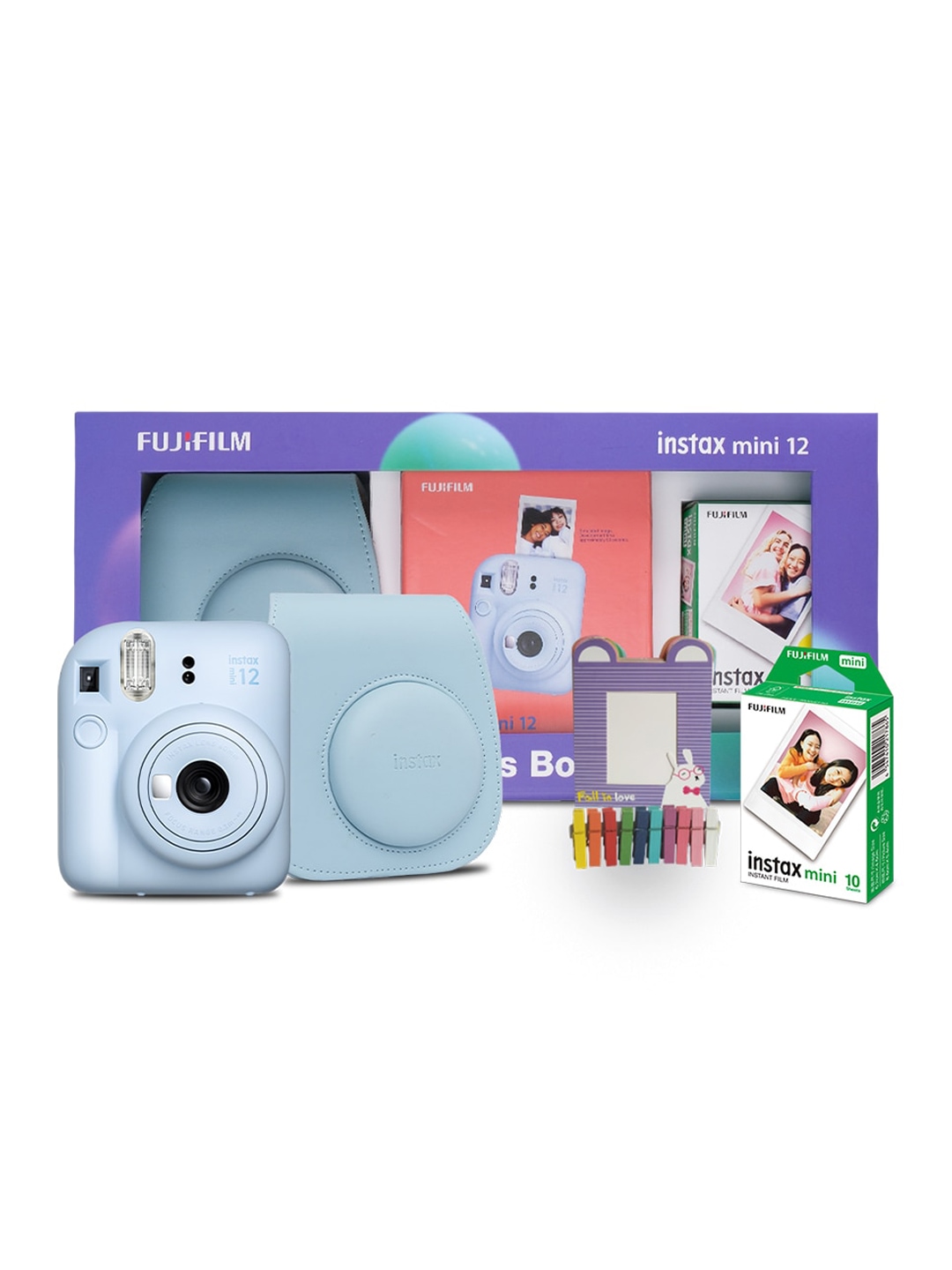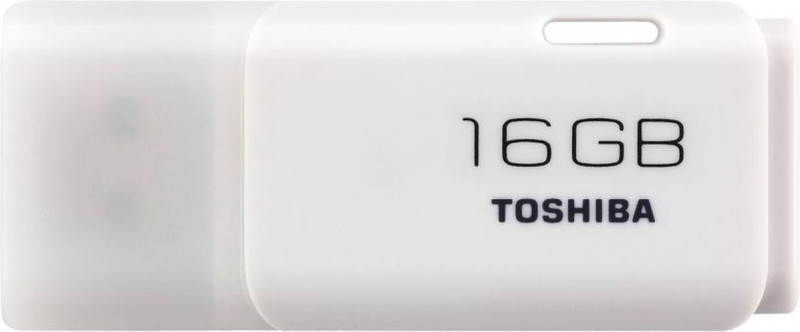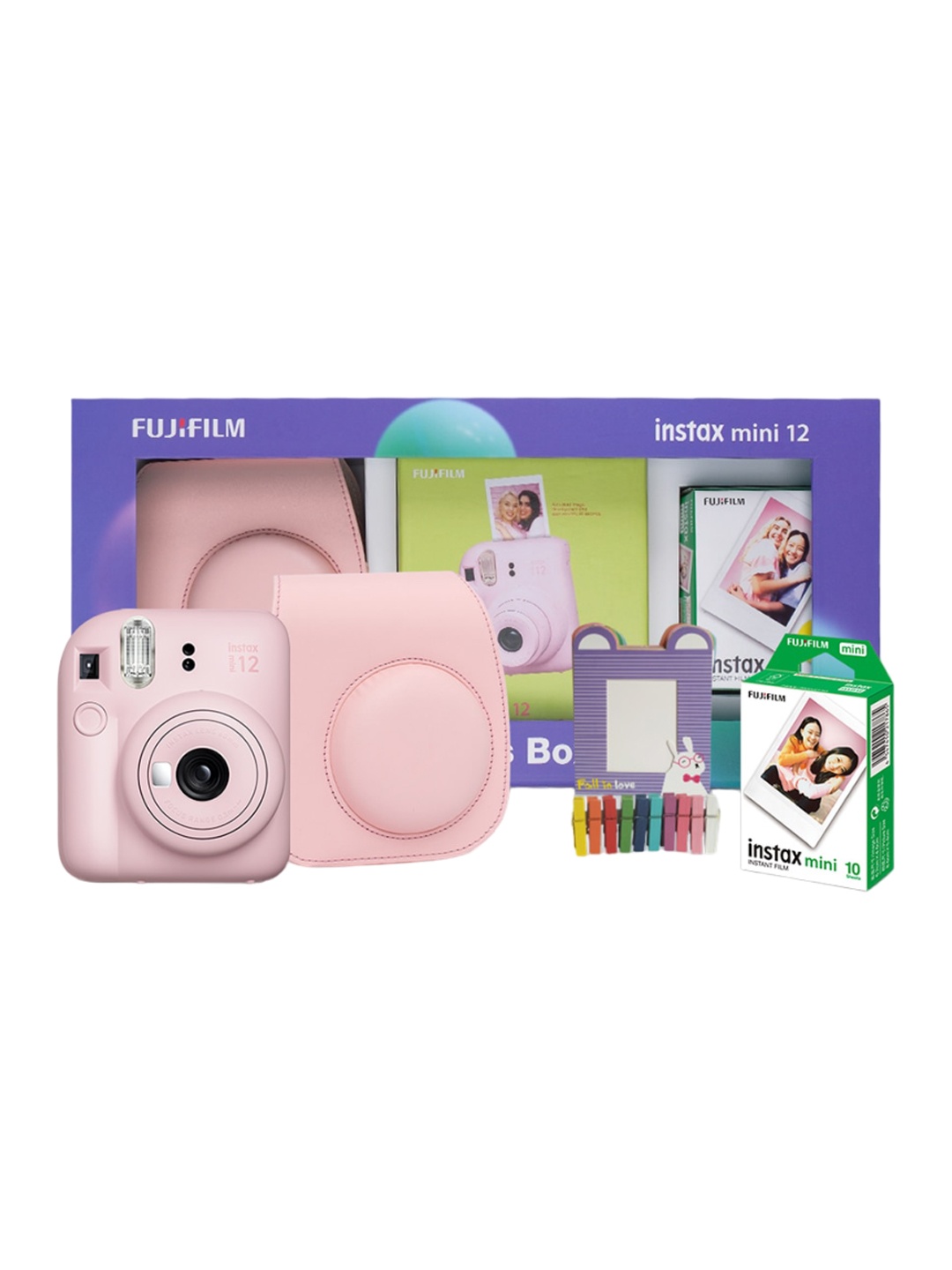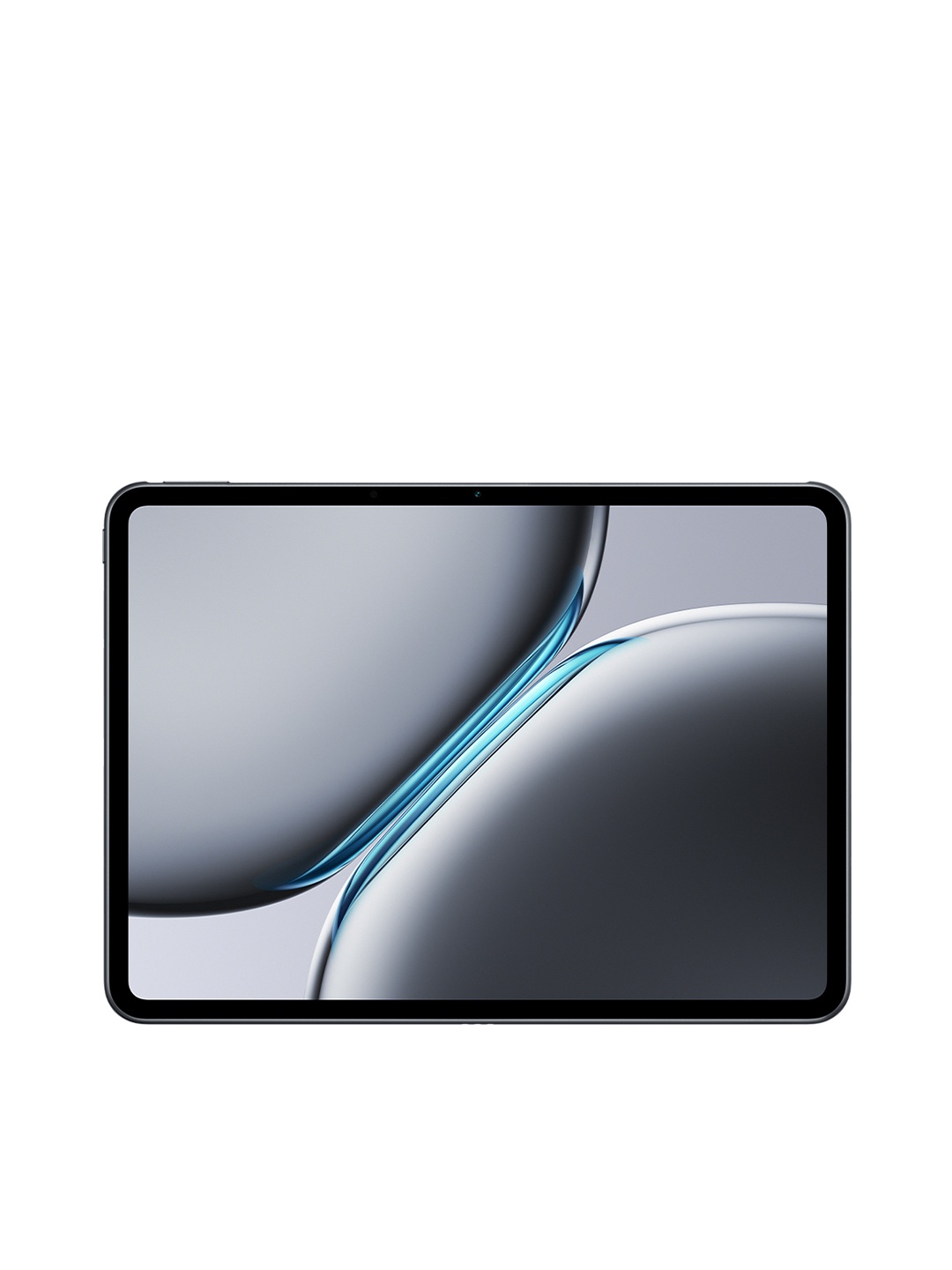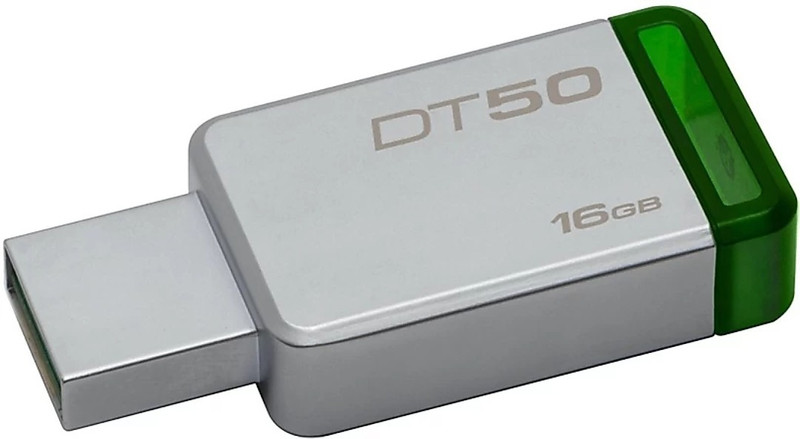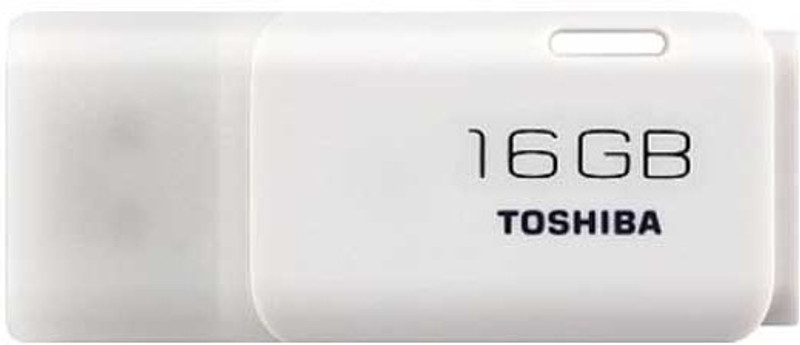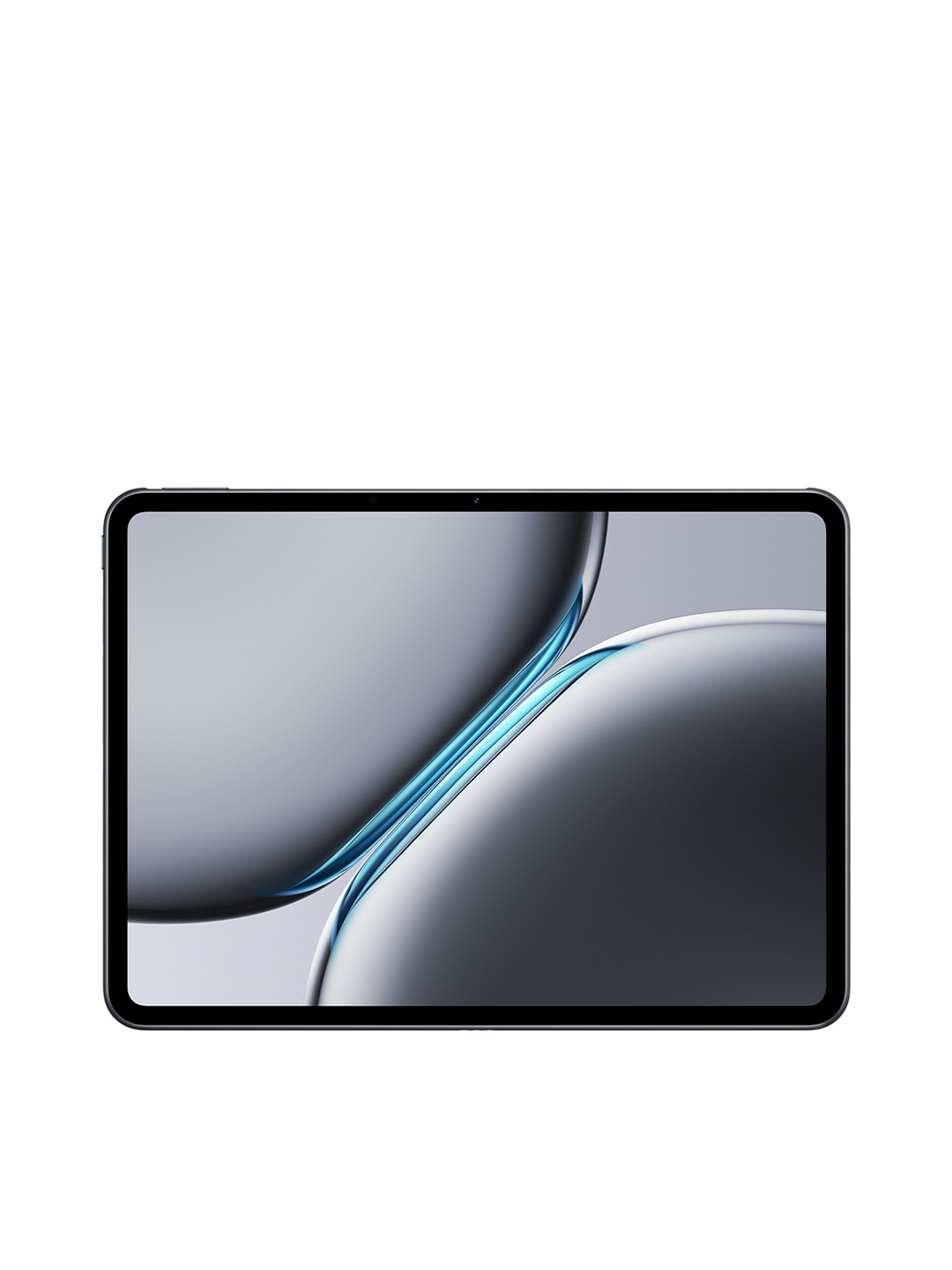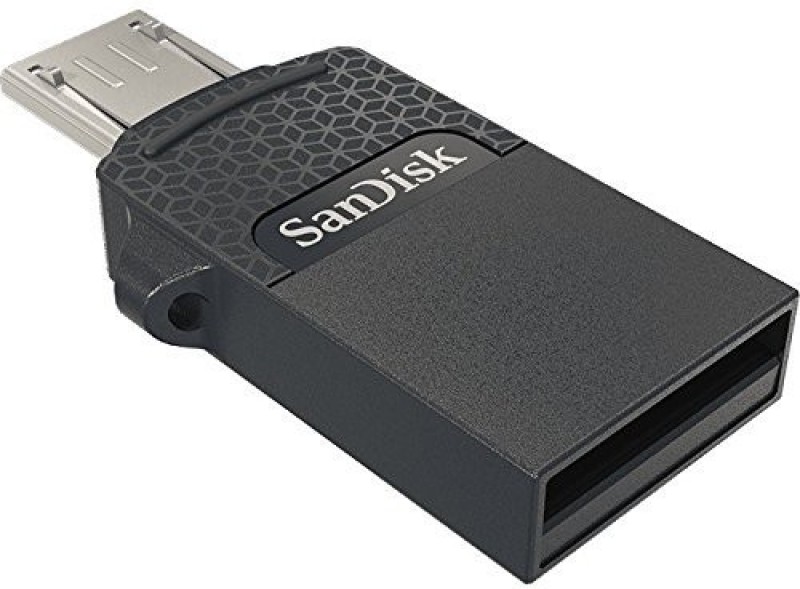Smart Homes, Safer Living: Why Is It A Good Time To Upgrade From Traditional Key Lock To Digital Lock

We've come a long way from the days of simple lock-and-key setups. Today, technology is rewriting the rulebook on home security with digital locks leading the charge. These futuristic devices promise enhanced safety, convenience, and a slice of sophistication. But what makes them so special? And why should you consider parting ways with your jangling bunch of keys? In this article, we'll compare digital locks to their traditional counterparts and dive into why making the upgrade could transform your everyday life.
1. Convenience At Your Fingertips
Imagine coming home with your hands full of groceries. Fumbling for keys? Not anymore. Digital locks, often operated via smartphones, keypads, or even fingerprint scans, eliminate the need for physical keys. You can unlock your door with a tap on your phone or a quick code entry.
Traditional keys, while reliable, lack this effortless charm. Plus, who hasn't spent precious minutes searching for misplaced keys? Digital locks save you time and hassle, offering seamless access to your home. It's convenience redefined, perfectly suited to today's fast-paced lifestyle.
2. Enhanced Security Features
Digital locks go beyond the basic ‘lock-and-key' mechanism. Many come with advanced features like encrypted codes, tamper alerts, and auto-locking functions. Some models even notify you of unauthorised attempts, adding a layer of protection traditional locks simply can't provide.
While traditional locks depend solely on their physical strength, they're vulnerable to techniques like lock-picking or bumping. Digital locks, on the other hand, integrate technology to outsmart common burglary methods, ensuring your home remains a fortress.
3. Say Goodbye To Lost Keys
Lost keys are more than an inconvenience—they're a security risk. A missing key can
lead to frantic locksmith calls or worse, the need to change your entire lock system. With digital locks, there are no keys to lose. Access codes, biometric scans, or mobile apps replace them. If needed, you can reset or update access credentials in seconds, restoring control without the drama of cutting new keys or rekeying locks.
4. Customised Access For Everyone
Digital locks allow you to assign unique access codes to family members, guests, or service providers. This means no more lending out spare keys or worrying about their return. Some systems even let you set time-limited access for visitors.
For instance, you could give your cleaner a code valid only during scheduled hours. Traditional locks, unfortunately, can't match this level of personalisation, leaving you stuck with an all-or-nothing approach to home entry.
5. Remote Control Capabilities
Ever had that sinking feeling wondering if you locked the door? Digital locks solve this dilemma by allowing remote access. Using a smartphone app, you can lock or unlock your door from anywhere.
Forgot to let the dog sitter in? No problem—just tap your phone. This feature is particularly handy for busy households or those who frequently travel. Traditional locks, on the other hand, offer no such flexibility, leaving you at the mercy of your memory.
6. Durability And Maintenance
While traditional locks are known for their sturdy design, they're not immune to wear and tear. Rust, misaligned mechanisms, or broken keys can render them ineffective. Digital locks, built with high-quality materials, often withstand harsh weather conditions better and require minimal upkeep.
However, like any electronic device, they do need occasional updates or battery replacements. Despite this, their reliability and longevity make them a worthy investment.
7. Integration With Smart Home Ecosystems
If you're diving into smart home technology, digital locks are a natural fit. They seamlessly integrate with systems like Alexa, Google Home, or Apple HomeKit. This means you can pair your lock with other devices—think smart cameras or alarms—for a cohesive security setup.
Traditional locks, though dependable, operate in isolation and can't provide the interconnected convenience that smart systems offer. Upgrading to digital locks ensures your home security evolves with the times.
8. The Aesthetic Advantage
Let's face it—digital locks look sleek. Their modern design adds a touch of sophistication to your front door, unlike the often utilitarian appearance of traditional locks. With various finishes and styles available, digital locks can complement any home aesthetic, making them as much a design choice as a security upgrade.
9. Eco-Friendly Choices
While it might not be the first thing you think of, digital locks can also be a greener option. They eliminate the need for physical key production, reducing waste over time. Moreover, many brands are adopting sustainable practices in manufacturing these devices, making them an eco-conscious choice. Traditional keys, often mass-produced and disposable, don't share this environmentally friendly advantage.
10. Cost vs. Value
Admittedly, digital locks come with a higher upfront cost compared to traditional locks. However, the long-term benefits often outweigh this initial expense. From enhanced security to the convenience of remote access, digital locks offer value that traditional locks simply can't match.
Think of it as an investment in peace of mind and future-proofing your home. Traditional locks may save money in the short term, but their limitations could prove costly in unforeseen ways.
Product Recommendations For Article
1. Yale TYE Black Digital Door Lock With Mechanical Key
2. SOLITY Solity GSP-2000BK Smart Door Lock
3. Godrej Catus Touch Pro I Smart Digital Lock For Wooden Door
4. PLUS POINT Digital Door Lock
5. OZONE MORPHY LIFE LITE
6. PLUS POINT Rx 2sk Smart Door Lock Smart Door Lock
7. Plantex Smart Door Lock/Digital Fingerprint Lock
8. Godrej Catus Connect I Digital Lock For Wooden Door
In the digital age, where convenience and security go hand in hand, digital locks are more than a trend—they're a necessity. They offer unparalleled benefits, from cutting-edge features to seamless integration with smart home ecosystems. While traditional locks have served us well, their limitations are hard to ignore. By upgrading to digital locks, you're not just enhancing your home's security; you're embracing a smarter, safer, and more efficient way of living. So why wait? Make the switch and unlock a world of possibilities.
Disclaimer: The images used in this article are for illustration purpose only. They may not be an exact representation of the products, categories and brands listed in this article.












